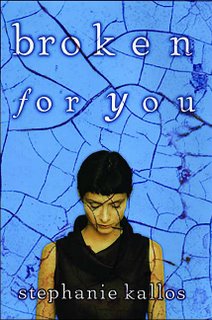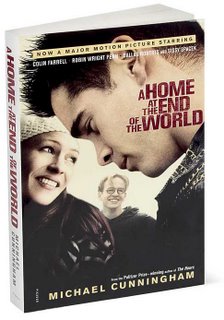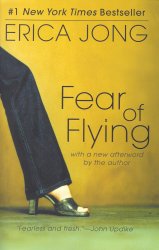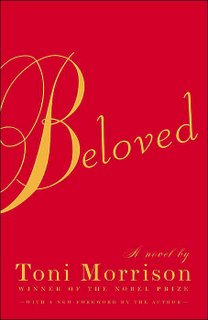
This novel is less a novel than a series of interconnected short stories. Each segment told by a different character in the same environment--a Native American reservation of the Chippewa in the northern Midwest. It deals with two families primarily, the Kapshaws and the Lamartines, which drift apart from, hate, love, and reproduce with eachother.
You know why I like this book?
One: The postmodern connection of the point-of-view. A story with no set beginning or end. Without a character arch in the traditional sense of the phrase. Yet, these people, separately and together, create a kind of sense, a message that perhaps the people involved were unable to see as they were too close, a whole fabric weaved of the colored threads of the many, that alone only are pretty strings, sitting unused and sad on a table, with no purpose. But woven together, a tapestry. I love when authors take account of what
truly makes up a story, a whole life, a whole landscape, a whole century. Whatever encompasses the story, instead of the old and typical David Copperfield trick of the incidents between "I was born" and "I died."
Two: The amount I learned about current Native American culture. Not the theoretical, not the spiritual, not the myths and legend of the textbook or the herbal remedies of the holistic. No, the way that life has continued to evolve for the Indians in America. Their habits, jobs, lives, families. Anything to see the dissimilarities and the intrisic sameness of human life in general.
Three: The time spent discussing alcohol and alcoholism amongst the Indians. I know that this partially comes from such roots in my past and the reasearch I have done in response. But Erdrich's novel describes alcholism as a disease, not a weakness, and a disease that affects families, or anyone that loves. If you are unaware of the connection of alcohol and genetics, the basic synopsis is that the body's cells will like to use alcohol as fuel over carbs, fats, or protein because it is easy to break down and provides instant, though not lasting, energy. In some people (who easily become alcoholics), the cells crave
only this energy, which results in a physical need. Native Americans seems to be particulary vulnerable to this as their genes have yet/had yet to acquire the necessary tools to fight the effects of alcohol. Much like smallpox or other illnesses that ravaged their population, they were unable to fight it off. Though Erdrich doesn't go into the science of it, like I have, the battle of many of the characters with alcohol makes the disease human, understandable, and still heartbreakingly sad.
This is a wonderful modern read, especially for those interested in other cultures. Portions of the book have been excerpted in "Best Of" collections I read in college and published in many literary magazines. It's a deep yet very readable novel. Literary fiction to the center and non-traditional enough in structure that we say "Center? What center?" A novel I wished continued. Though I am told that the author does go on, I don't know if with the same characters, in later works.








